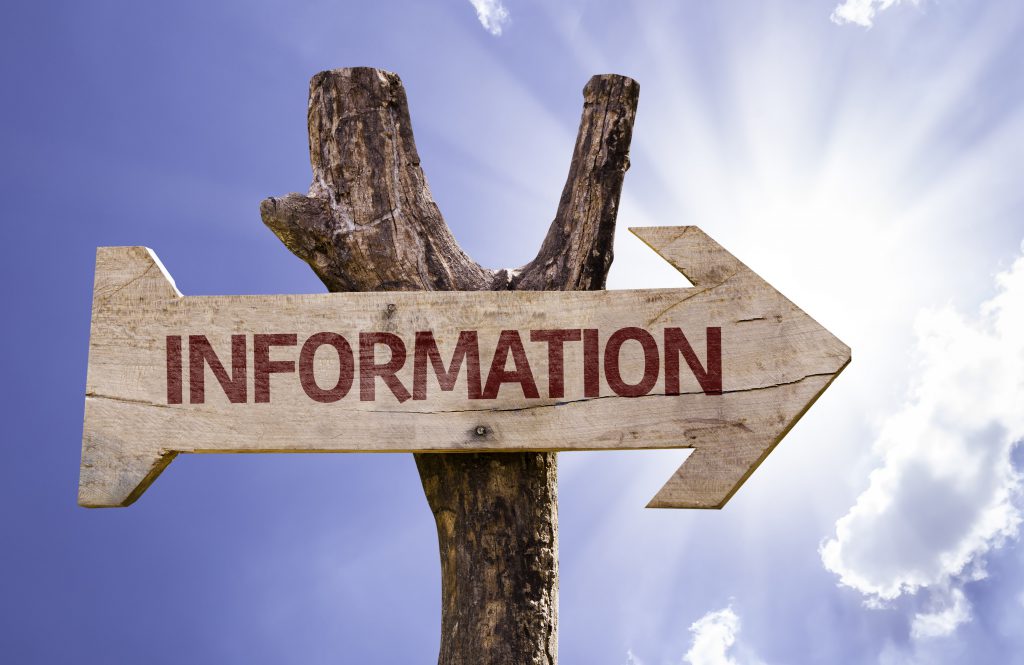On the 28 September, the International Day for Universal Access to Information (IDUAI), Humanium reflects on the importance of being informed, and renews its hope for the realisation of equity in access to information and education for each and every citizen of the planet.
What makes access to information so important?
Information is a pivotal aspect of life. It is interlaced into all knowledge, understanding and decisions that we undertake throughout our time on earth. Our identities, opinions, occupations, relationships, realities and more, are constructed around a scaffolding of the information we accumulate throughout our lives and the manner in which it is understood. This plays into a ream of factors which influence inequalities and barriers in our societies.
Access to information therefore, is of monumental importance. Access to information can don many forms, including that of education and schooling, of healthcare and of access to a free and diverse press. Our ability to inform ourselves – about ourselves – and about the world we live in is something crucial which, at Humanium, we respect with all sincerity.
The promotion of a fair, equal and quality access to information for people facing the greatest barriers and factors of vulnerability is thus an essential stepping-stone on the path to a better future. There is much work to be done towards this for each and every one of us, and at Humanium we continue our project work to improve access to education for disadvantaged at risk children living in Madhya Pradesh, India.
What are some primary challenges to information access?
Challenges impeding countless people’s access to information and the services that disseminate this, include continued implementation of censorship of the press, reading materials in libraries and online, and censorship of social media and websites. Furthermore, limited access to public services, or limited provision of said services and their respective level of quality prevents many people from acquiring information regarding their health, safety, education, employment, rights and opportunities.

Lack of institutional and political transparency is another barrier which, together, we can work to break down and overcome. Freedom of Information Laws and accountability regulations are measures thus increasingly being adopted by countries across the globe under democratic pressure with the view to improve information access (Freedom Info, 2019).
Why is Humanium celebrating IDUAI?
Humanium exists to promote the rights of children, and was itself conceived as a conduit of information as a website on children’s rights. Universal Access to Information is thus a topic which lies at the heart of Humanium’s values. Children, like all citizens of the world, have binding rights to information enshrined in the widely ratified international laws:
- Convention on the Rights of the Child – which will celebrate it’s 30th Anniversary this year – establishes in article 13 children’s right to freedom of expression including the ‘right to receive information’;
- Universal Declaration of Human Rights article 19 gives all people the right to freely receive and impart information’
- International Covenant on Civil and Political Rights article 19 gives all people the right to freely receive and impart information;
Humanium’s activities working to protect these basic human rights include our joint-opening of the Special Residential Training Centre which uses special educational materials designed specifically for children who have lost years of their education. We work alongside Hand in Hand India, and alongside the government of Madhya Pradesh as part of its ‘Education for All’ programme. Humanium has also spearheaded a project of Child Friendly Villages in Tamil Nadu to promote reduction of child labour, poverty and promotion of children’s rights. In addition, the Humanium website strives to widely disseminate free, accurate and impartial information on children’s rights.
What does UNESCO’s IDUAI entail?
UNESCO’s International Day for Universal Access to Information (IDUAI), celebrated annually worldwide on 28 September as of 2002, is a UN initiative which aims to contribute towards the attainment of Sustainable Development Goals (SDG) and encourage positive action to be taken by governments and communities (Freedom Info, 2019).
The celebration hopes to promote initiatives adopted by SDGs 2 (ending hunger), 11 (making cities and communities inclusive, safe, resilient and sustainable) and 16 (promoting peaceful and inclusive societies for sustainable development) in order to encourage countries to invest in rural infrastructure and technological development, create positive economic, social and environmental links between urban and rural areas and adopt initiatives which guarantee public access to information (UNESCO, 2019).
All countries should ensure ‘public access to information, and protect fundamental freedoms, in accordance with national legislation and international agreements’. To consolidate these aspirations, a series of open talks and regional events are to be orchestrated by the UN, which emphasis placed on the inclusion of disabled people in information access projects (UNESCO, 2019).
On this day, at Humanium we encourage everybody to celebrate the access to information that we do have, and embrace local initiatives that touch our circles to improve this access in our communities and beyond.
Written by Josie Thum
Citations
FreedomInfo, ‘September 28: International Right to Know Day’ (2019), Retrieved from: <http://www.freedominfo.org/regions/global/rtk-day/>, accessed 5 September 2019.
OHCHR, ‘International Covenant on Civil and Political Rights’ (2019), Retrieved from: <https://www.ohchr.org/en/professionalinterest/pages/ccpr.aspx>, accessed 5 September 2019.
UNESCO, ‘International Day for Universal Access to Information’ (2019), Retrieved from: <https://en.unesco.org/commemorations/accesstoinformationday>, accessed 5 September 2019.
UNESCO, ‘Access to Information… A universal right’ (2017), [YouTube Video], Retrieved from: <https://www.youtube.com/watch?v=og-UNP1ZvPU&feature=youtu.be>, accessed 5 September 2019.
United Nations, ‘Universal Declaration of Human Rights Handbook’ (2015), Retrieved from: <https://www.un.org/en/udhrbook/pdf/udhr_booklet_en_web.pdf?, accessed 5 September 2019.


